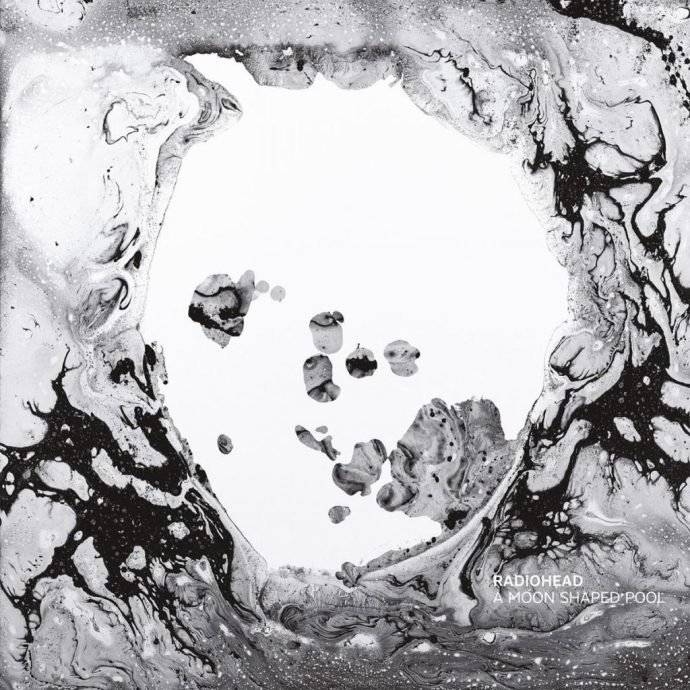Radiohead are back – and better than ever before.
The fearless rogues of alternative rock have kept British-rock-lovers trembling at the edge of their seats this week. Following a series of unanticipated events came Radiohead’s ninth studio album – A Moon Shaped Pool: an eclectic mix of intimate, honest tracks that we wish would never end.
This five-man band have never failed to offer a little something for everyone, from Thom Yorke’s grungy yet graceful, vocals to experimental electronic sound. A Moon Shaped Pool, however, takes this Bowie-inspired experimentation not one small step, but one giant leap, further.
Meet the new Radiohead: where orchestral slurs fuse with techno vibes, where choral tones meet staccato rhythms. It’s as if the band reduces renowned artists of the 20th century – from Miles Davis to Joy Division – to their bones of musical genius, and pieces together a sensitive, swaying skeleton of sound.
A Moon Shaped Pool’s opening track, “Burn the Witch,” might mislead some loyal fans. The confident opening of sharp, gripping strings are not the sounds one might usually associate with Radiohead. Yorke’s fluid voice quickly reassures us, and the strings soon begin to vary between the short stabs and long, elegant strides. It’s an exciting start, throwing us straight into the deep-end of Radiohead’s latest experiment.
“Daydreaming” is what I imagine outer space must sound like: a woozy pitter-patter, heavy alien snores and the occasional whoosh of rockets. The tinkling of Jonny Greenwood’s keyboard dips between playful and eerie, enhanced by powerful surges of strings. The sci-fi sense carries on into “Ful Stop” (although more up-beat and rhythmic) and “Tinker Tailor Soldier Sailor Rich Man Poor Man Beggar Man” (far gentler tones) and sweeps subtly throughout the entire album.
The album certainly does not forget the classic sounds of the 20th century, fiddling with jazz and folky-acoustic patterns in “The Numbers,” merging Ray Charles’ piano and Bob Dylan’s guitar into one. Yorke and Greenwood’s raw talents shine through in “Desert Island Disks,” with delicate guitar and thoughtful use of synths, whilst a modern-take on their talents shines through in the rhythm and beat of “Identikit”–an effective balance of sounds that come to strengthen the exciting burst of guitar later on.
The album finishes with a profound message: whilst Radiohead shall develop towards the future, their alternative rock roots shall not be forgotten. Indeed, the final track, “True Love Waits” has been a part of Radiohead’s live sets since 1995, although it had never been given the proper recording it deserves.
Rating: 8.0/10

